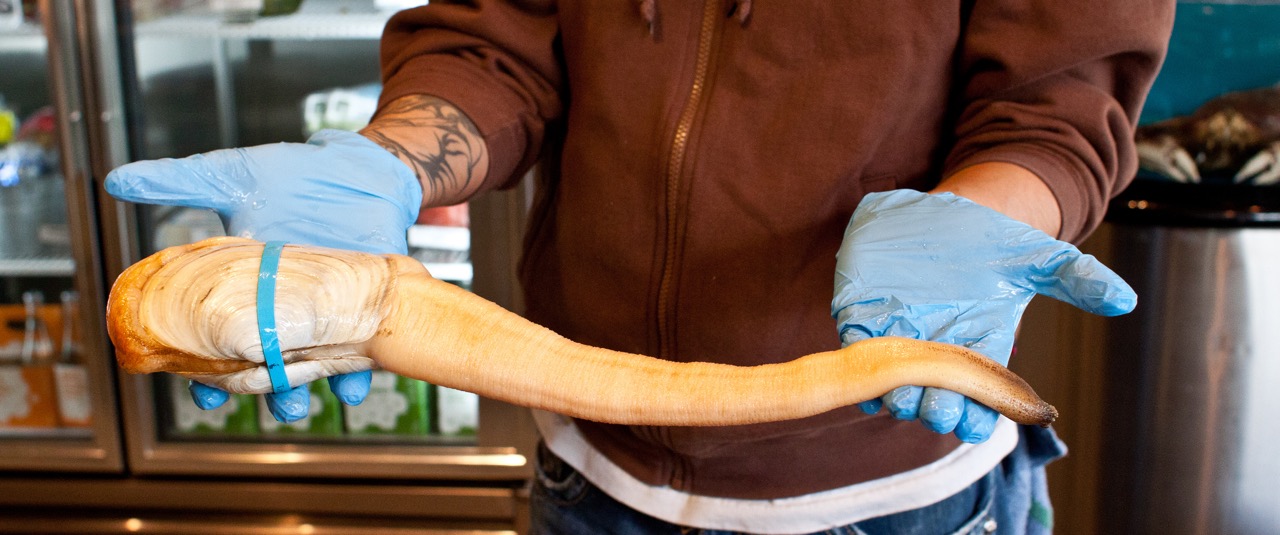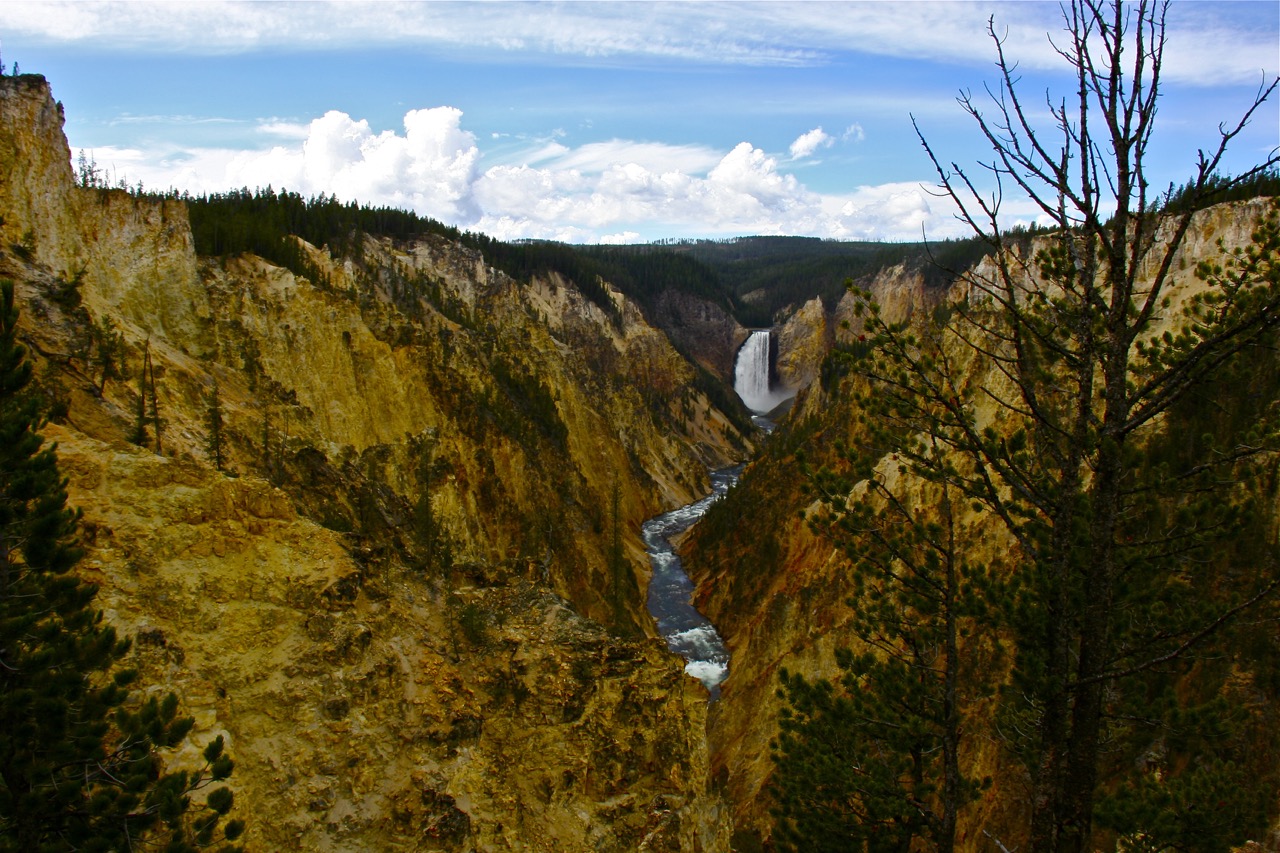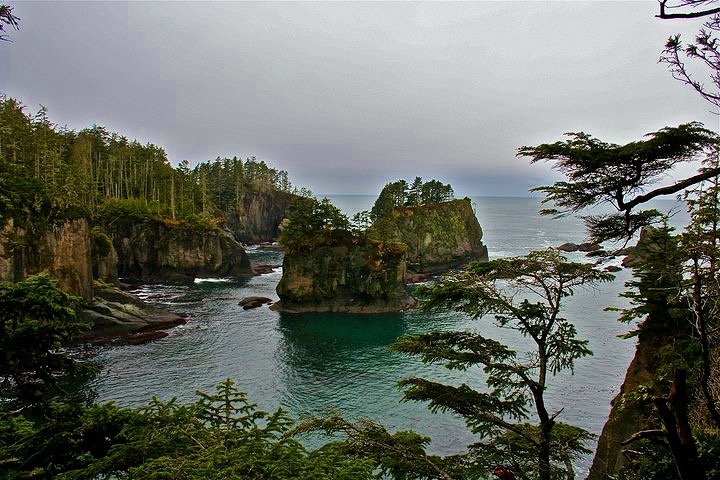You wouldn’t think by looking at them, but the often giggle inducing geoducks in the waters of the Pacific Northwest are a hot commodity, so much so that there is now a huge international black market for the area’s most phallic creatures. The mollusks, which are a native species to the region, are currently being poached in unprecedented numbers in and around Washington State’s Puget Sound. Considered a delicacy in many Asian countries, the Washington State Department of Fish and Wildlife is now attempting to shut down a major black market that ships these giant, phallic looking clams internationally. Geoducks (pronounced Gooey Ducks) are a huge source of revenue for Washington State, with legal sales of the bivalve wonders totaling over 22 million dollars annually, and 80 million when combined with private companies. According to a fantastic article by Katie Campbell of KCTS9/EARTHFIX, about 90 percent of the geoducks harvested in the United States are sent to Asia. Yet, the supply doesn’t seem to meet the demand, and a black market for the has been created that is making numerous local residents quite wealthy. According to the article originally published by PBS News Hour,
Rising demand, especially among China’s growing middle class, has sent geoduck retail prices in Asia to as high as $150 per pound. Those soaring prices have created an incentive for poachers back in Puget Sound, giving rise to an international black market.
About 90 percent of the geoducks harvested in the United States are sent to Asia, where they are served raw at sushi restaurants in Japan, used in soups and stews in Korea, or cooked in a fondue-style hot pot in China.
Read the Full Article Here.
Locally, legally harvested geoducks sell for around $15 a pound. With the average geoduck weighing two pounds, each year the State of Washington harvests nearly three quarters of a million geoducks each and every year. Since the 1970s, the WDFW has been managing geoduck beds, ensuring that the population remains healthy and safe from over harvesting.
Sadly, poachers are able to make a quick buck, thanks to the high demand of the delicious clams. Geoducks on the black market are reported to have sold for $150 a pound, making the risk vs reward good enough to entice poachers to harvest the geoducks beds in the dead of the night. In a good night, poachers can easily make thousands of dollars in two or three hours of work. With limited budgets for programs in the Department of Fish and Wildlife in Washington State, the battle to protect the Geoducks in the Pacific Northwest is going to be an uphill struggle. With the average time for the harvesting of a geoduck bed taking 39 years, poachers may be bringing a quick death to what should be a sustainable industry.
Tides Turning on Poaching
The general public is slowly starting to get more and more irate over poaching incidents. With the death of Cecil the Lion, many are now inspired many to speak out about poaching. Yet, it appears that most thinking poaching only occurs in far away lands, and it seems most people turn a blind eye to the poaching of uglier animals, especially our local, giant, penis-looking clams. Instead of becoming frustrated, I am going to assume that most don’t know much, if anything about geoducks. I figured I would give you some quick facts.
Quick Geoduck Facts to Impress Your Friends
• The geoduck is the largest burrowing clams in the world, and one of the longest-living animals in the world, with one geoduck found to be 168 years old.
• The ages of geoducks can be easily counted, as their shells grow like rings on a tree.
• The shells on a geoduck can also average 7-8 inches, while the siphons can average around three feet in length.
• The oldest living geoduck was said to be 168 years old, and it isn’t rare to hear of people harvesting geoducks that weigh over 10 pounds and that are five feet in length.
• Once old enough to dig, geoducks are said to borrow into sediment around a foot each year, stopping when they reach three feet deep.
• Once they reach the stopping point, they live until they die, are harvested or eaten by fish, starfish, crabs and even otters.
• The Geoduck is also the mascot for The Evergreen State College in Olympic, Washington.
Read more facts here.
Main image via Kevin Tao, Flickr. Thank you!



